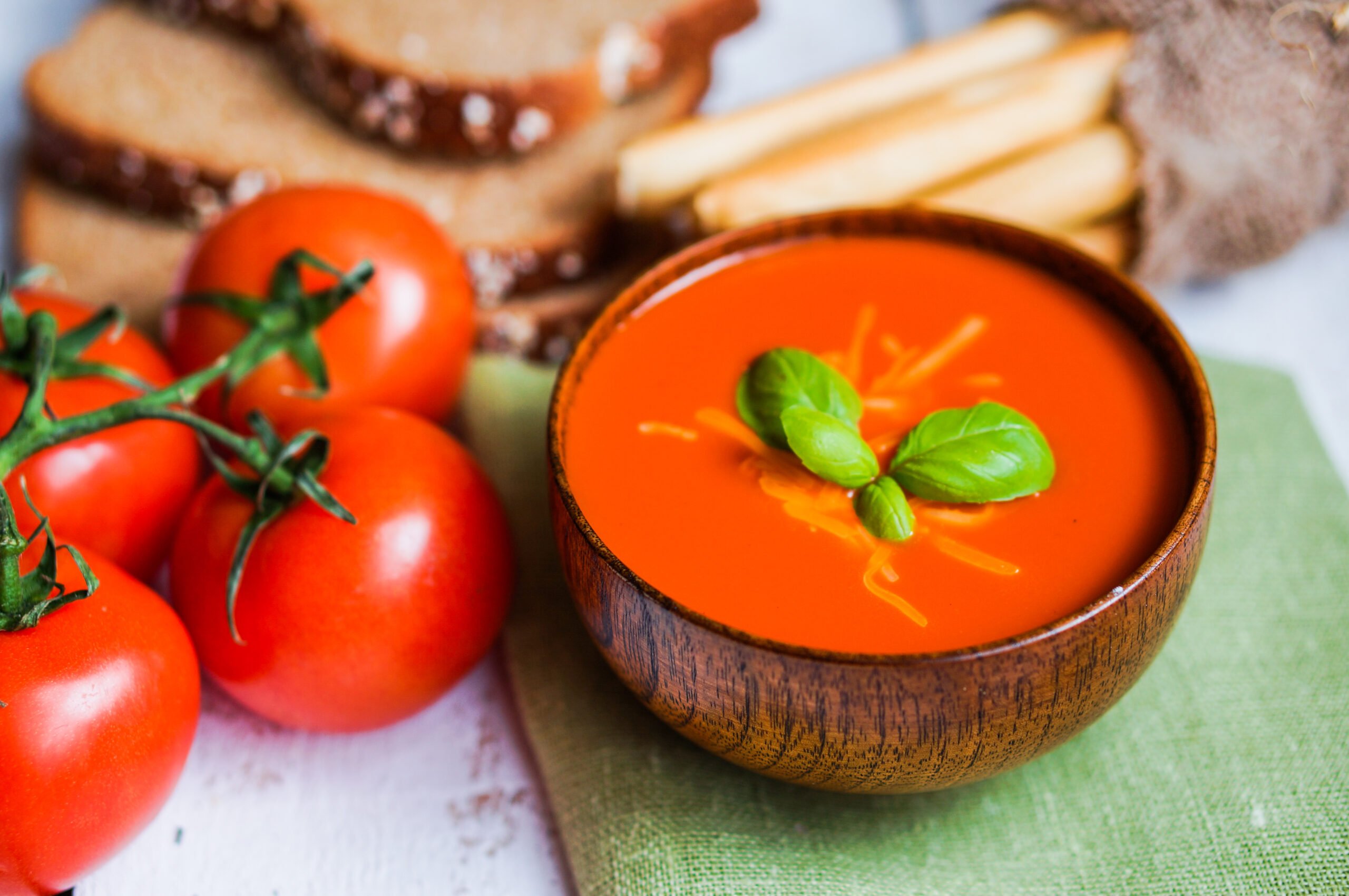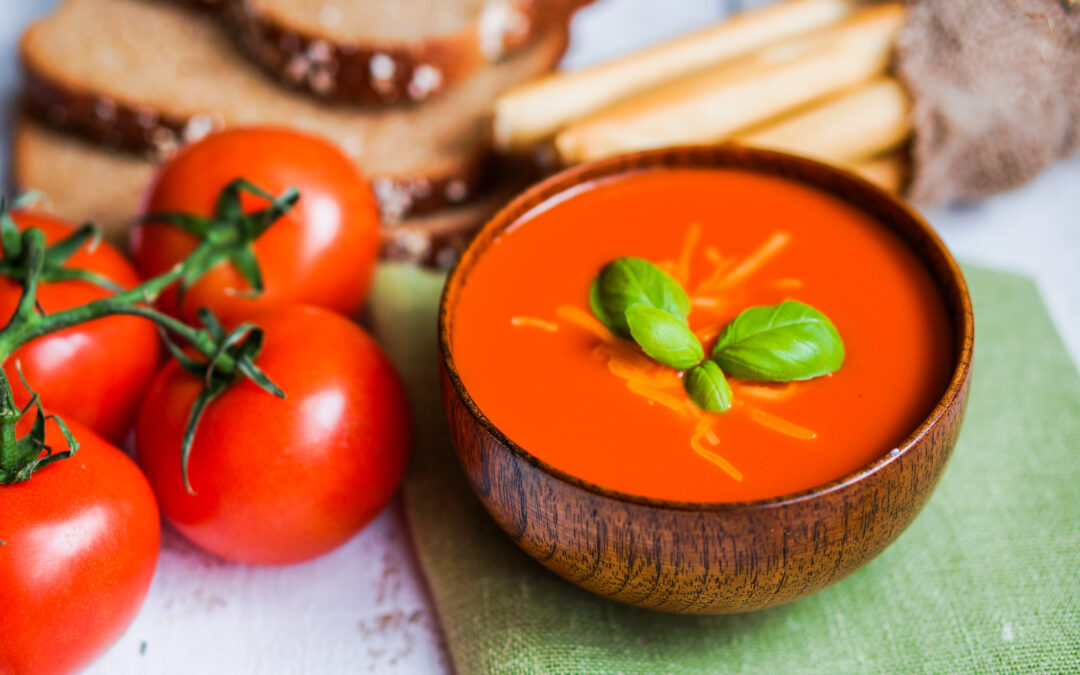Organic gardening is a growing trend that has been gaining popularity over the years. People are becoming more health-conscious, and they want to know what goes into their food. They also want to reduce their carbon footprint by using natural methods of farming. In this article, we will discuss tips and tricks for successful organic gardening.

Introduction to Organic Gardening
Organic gardening involves growing plants without the use of synthetic fertilizers or pesticides. Instead, you rely on natural materials like compost, manure, and mulch to nourish your plants. You also have to be careful about the seeds you use because some companies use genetically modified seeds that are not allowed in organic farming.
The Benefits of Going Organic
There are many benefits of going organic. Firstly, organic produce is free from chemicals and pesticides that can harm your body. Secondly, it is better for the environment since it reduces pollution caused by conventional farming practices. Thirdly, organic produce tastes better and has higher nutritional value than conventionally grown crops.
Tips for Soil Preparation and Fertilization
Soil preparation is essential for successful organic gardening. You need to start with good quality soil that is rich in nutrients. You can add compost, manure, and other organic matter to enrich the soil. It is also important to keep the soil well-drained so that roots can get enough oxygen.
Pest Control without Chemicals
Controlling pests without chemicals can be challenging, but there are several ways to do it. One way is to attract beneficial insects like ladybugs and lacewings that feed on pests. Another way is to use companion planting, where you grow plants that repel pests together with your vegetables. For example, marigolds repel nematodes that damage tomato roots.
Harvesting and Storage Techniques
Harvesting and storing your crops correctly is crucial to maintaining the quality of your produce. Harvest when the fruits or vegetables are ripe, and handle them gently to avoid bruising. Store them in a cool, dry place away from direct sunlight. If you want to store them longer, consider blanching and freezing them.

In conclusion, organic gardening requires dedication and attention to detail. However, the rewards are worth it. By following these tips and tricks, you can enjoy fresh, healthy produce while reducing your environmental impact.



